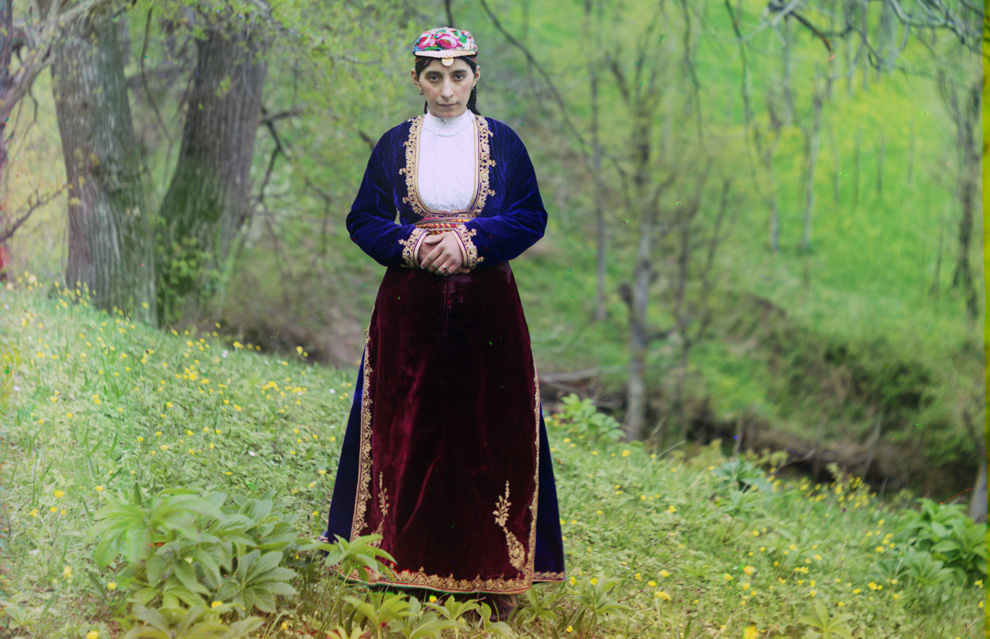 New evidence in controversy over CIA responsibility for the 1961 assassination of democratically elected Congolese leader Patrice Lumumba. Evidence which more than ever implicates the US and Holland in this murder which had catastrophic consequences for the region which last until today.
New evidence in controversy over CIA responsibility for the 1961 assassination of democratically elected Congolese leader Patrice Lumumba. Evidence which more than ever implicates the US and Holland in this murder which had catastrophic consequences for the region which last until today.from "Padraig (u.s.)":
"Lumumba's death paved the way for the rise to power of Mobutu Sese Seko, an enormously corrupt dictator who spent most of the next 30-odd years exorbitantly enriching himself & his cronies while the majority of Congole...se languished in poverty. Sese Seko, who came to power in a CIA-backed coup, was supported by the U.S. on "anticommunist" grounds. Lumumba wasn't a communist himself, but he was fiercely nationalist and anti-imperialist, bit of a firebrand, a man before his time (like Nelson Mandela in his younger years, kinda). of course in the Cold War terms to the U.S. that made a communist, despite his explicit avowals that he wasn't & that he disliked communism as much as colonialism. anyway Sese Seko's regime was disastrous for the Congo, as he didn't do anything to administrate the country beyond ensuring that he & his could steal as much as they wanted to, so consequently by the time he was finally overthrown the country was a) a simmering pot of ethnic & tribal hatreds & 2) ripe for plunder, with that amazing bounty of resources (hardwood timber & enormous mineral wealth & so on) an inviting target for neighboring countries (Rwanda, Angola, Uganda, a bunch of others) who would back various factions in the endless, multifacteted series of civil wars that continue more or less unabated to present day, as well as foreign multinationals. so in a not too-indirect way you could say that Lumumba's death, and the kinds of policies it was a part of, is largely responsible for the absolute effing mess the Congo is in/has been in for the last twenty years or so. granted there's no way of knowing what Lumumba would've done had he not been assassinated, but one imagines that at the very least it would've been something different. after his murder Sese Seko not only declared Lumumba a national hero but also, in an act of staggeringly shameless irony, attempted to portray himself as Lumumba's successor; Sese Seko was always kinda a master of pretending to be anti-colonial while in reality wedging himself as far up the West's collective ass as he could possibly get. Lumumba's death was also related to the secession of the mineral-rich province of Katanga under another anticommunist strong man, Moise Tshombe, supported by the Belgians (Lumumba was actually murdered in Katanga, almost certainly by Belgian security forces, possibly w/American collusion)."
Stephen R. Weissman
...Intelligence and National Security
Vol. 25, No. 2, 198-222, April 2010
Abstract
Controversy over alleged CIA responsibility for the 1961 assassination of Congolese leader Patrice Lumumba continues to swirl despite a negative finding by the US Senate Church Committee in 1975. A new analysis of declassified and other Church Committee, CIA and State Department documents, memoirs of US and Belgian covert operators, and author interviews with former executive branch and Church Committee officials shows that the CIA Congo Station Chief was an influential participant in the Congo Government's decision to "render" Lumumba to his bitter enemies. Moreover evidence strongly suggests the Station Chief withheld his advance knowledge of Lumumba's fatal transfer from Washington policymakers, who might have blocked it. Flaws in the Church Committee's verdict are traced to CIA delays in providing key cables, staff overreliance on lawyers' methodology, and political pressure to water down original draft conclusions. What happened in Lumumba's case provides insight into the contemporary problem of establishing accountability in US anti-terrorist programs. Current rendition policies are also characterized by ambiguous performance standards for covert operators on the ground and difficulty in pinpointing US responsibility within the intimate relationship between the CIA and foreign government clients. The Church Committee's experience clarifies the conditions for meaningful outside regulation of anti-terrorism operations today.
[in film footage taken after Lumumba's capture, available on http://www.youtube.com/watch?v=JGnGFaJqmzU] "a tall dark man in his 30s with a small beard and mustache and open collared white shirt sits in the back of an army truck, his... hands bound behind him. One of the numerous non-American soldiers around him brutally pulls his hair to raise his face to the cameras; another gratuitously tightens his bonds, causing him to grimace in pain. ... The young Commander watches his men abusing the prisoner, smiling occasionally. The CIA - a strong backer of the Commander - had been trying to kill or capture the 'target' for months. Recently, the CIA Station Chief had met with security officials to make sure the right roads were blocked and troops alerted. According to the CIA Director, the prisoner's background was 'harrowing' and 'his actions indicate that he is insane'. Within weeks of this incident, the authorities decided to transfer the prisoner to another government - one that had threatened to kill him. They immediately informed the local CIA Station Chief of their plan. Three days later, the prisoner and two colleagues were hustled onto a plane bound for enemy territory. Savagely beaten throughout the flight, the prisoners were taken away after landing and never seen again."
thanks to Sufi and Padraig (u.s.)

